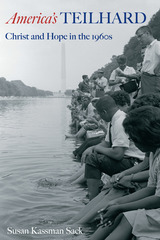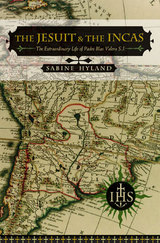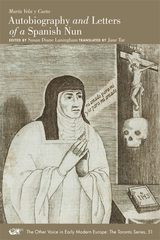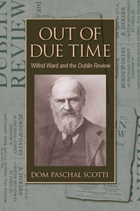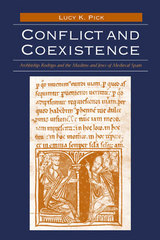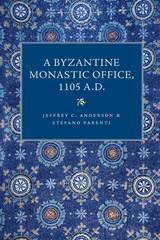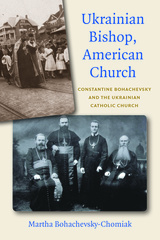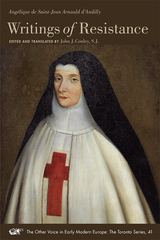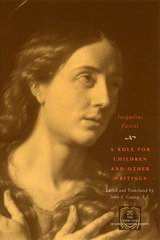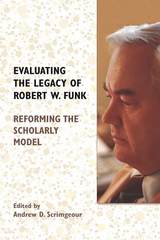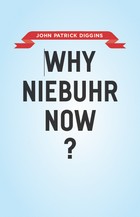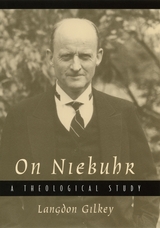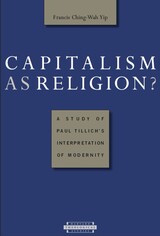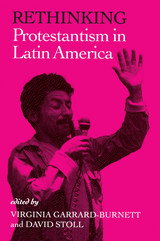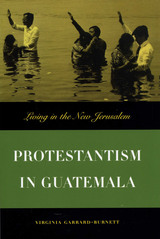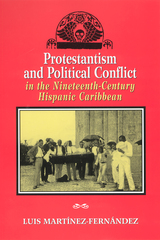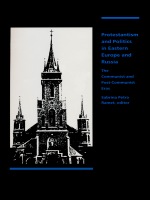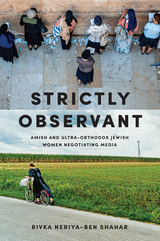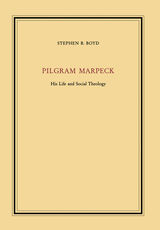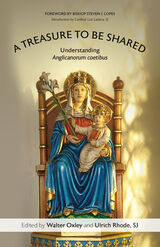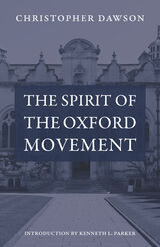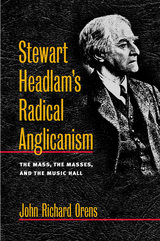Paper: 978-0-674-01919-5
Library of Congress Classification BX4827.T7P43 2008
Dewey Decimal Classification 230.046
Does Christianity have an essence? How should the identity of Christianity be defined in the modern world? As early as 1903, German theologian Ernst Troeltsch began to question the then-popular concept of an “essence of Christianity.” In his search for alternative categories and methods for conceptualizing Christianity and its potential roles in modern society, Troeltsch immersed himself in the study and analysis of Christian history. This book demonstrates the intimate connection between Troeltsch’s philosophical writings on the essence of Christianity and his historical investigations of Christianity’s past, focusing on Troeltsch’s conceptions of Christian origins, historical development, and the ideal types of church-sect-mysticism.
Lori Pearson argues that as a result of his historical work, Troeltsch moved beyond the category of essence and sought new ways of theorizing Christian identity in the context of modernity’s pluralistic yet fragmented society.
See other books on: 1865-1923 | Christianity | Historian | History | Religion
See other titles from Harvard University Press

